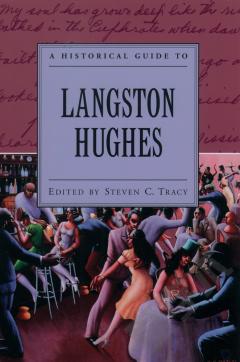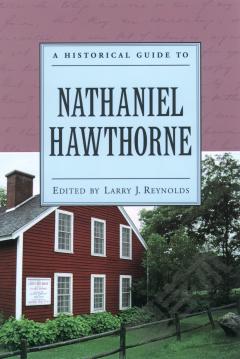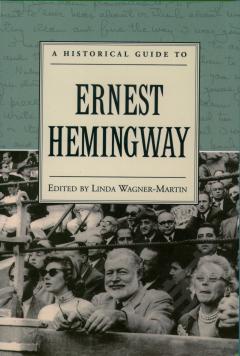A Historical Guide to Langston Hughes
Langston Hughes has been an inspiration to generations of readers and writers seeking a passionate, intelligent, and socially responsible art. In this volume, Steven C. Tracy has gathered a broad range of critics to produce an interdisciplinary approach to the important historical and cultural elements reflected in the variety of genres in which Hughes worked. Through the lenses of creative writers, musicians, social activists and critics, this collection explores the ways that Hughes transformed American literature and society. Rooting his aesthetic in the art and values of Black folk, Hughes mediated the conflicting artistic demands of both the literati and the masses, demonstrating the social and spiritual power of art. Contributors to this volume place Hughes in the context of Harlem, his preferred geographical and spiritual home base, as well as the larger political, social, musical, and artistic milieu of his rapidly changing times. Their essays examine Hughes's negotiation of his own moral and ethical ground in a complex, sometimes hostile world, and demonstrate the remarkable triumph of a sensitive, creative human being who refused to be overwhelmed by the forces of discrimination, pessimism, and bitterness that claimed so many writers of his generation. An essentially very private individual, Hughes nonetheless rejected difficulty, obscurity, and the ivory tower in order to generate a very public life and art. This volume, with its historical essays, brief biography, and illustrated chronology, provides a concise yet authoritative portrait of one of America's and the world's most beloved writers.
{{comment.content}}








 京公网安备 11010802027623号
京公网安备 11010802027623号